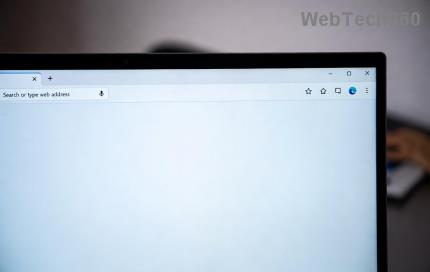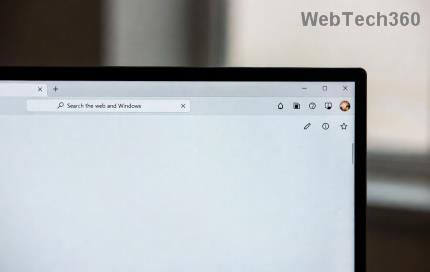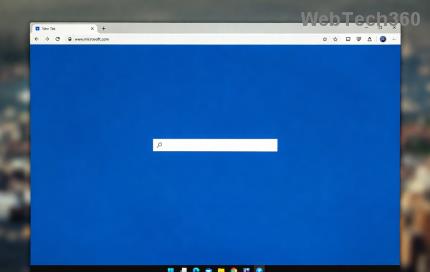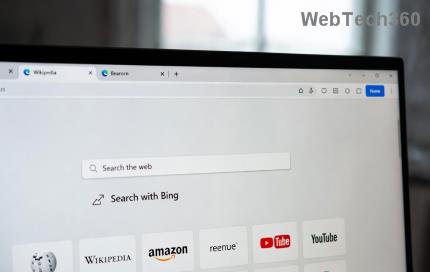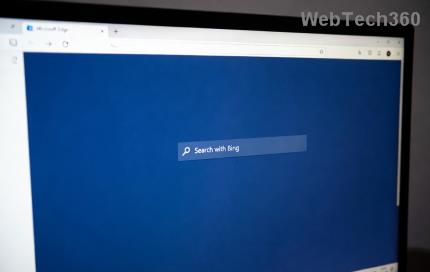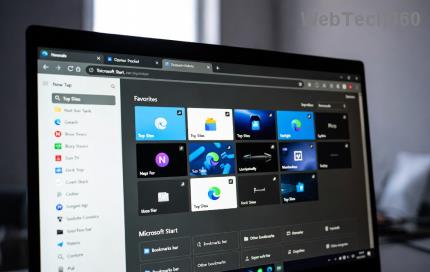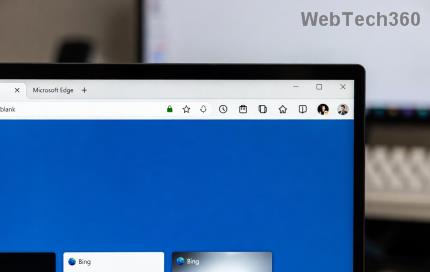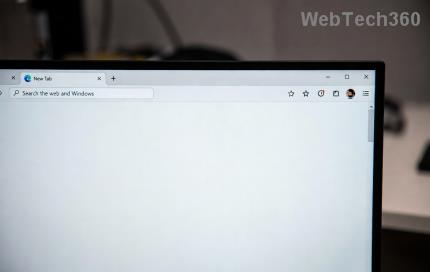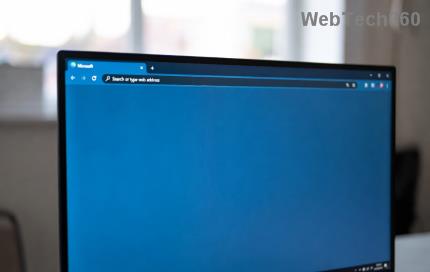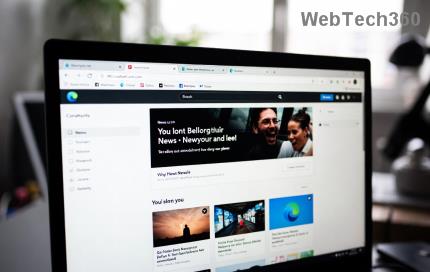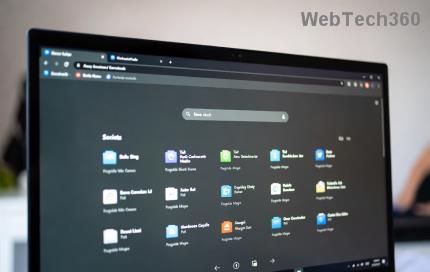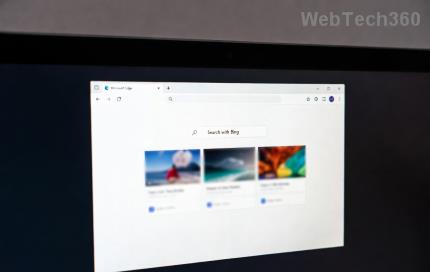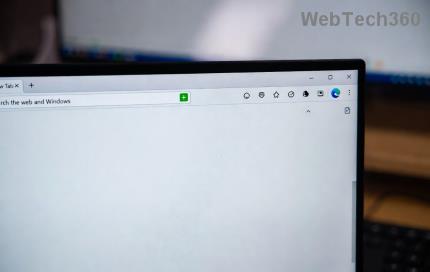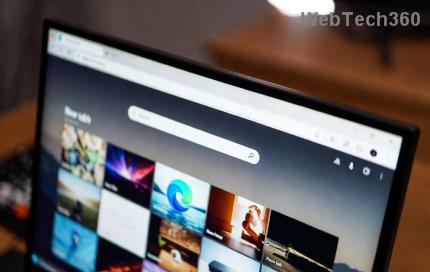How to Update Microsoft Edge to the Latest 2026 Version
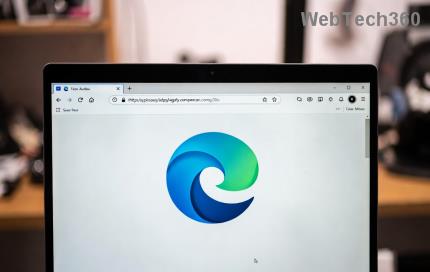
Master how to update Microsoft Edge to the latest 2026 version with easy steps for Windows, Mac, Android & iOS. Boost speed, security & features instantly!
Windows applications often store their data and settings in an AppData folder, and each Windows user account has its own folder. It is a hidden folder so you will only see it if you display the files in the File Manager. So what is the AppData folder and how does it play the role? Let's find out through the following article.

Each user account has an AppData folder with its own content. This allows Windows programs to store multiple installation packages if one computer is used by more than one person. The AppData folder was introduced on Windows Vista and it is still used on Windows 10 , 8 and 7.
You will find the AppData folder of each user account in that user's catalog. For example, if the user is named An, you will find the application data folder at C: \ Users \ An \ AppData by default. You can enter this address into the address bar to view it or display hidden folders and browse the list of user accounts at C: \ Users \ NAME . (You can also type % APPDATA% in the address bar of File Explorer to go directly to the AppData \ Roaming folder ).

They are actually three directories in AppData and are different programs that store different types of settings. Open the AppData folder and you will see three folders: Local, LocalLow and Roanming .
The Roaming folder contains data that "follows" a user account from one computer to another if your computer is connected to a domain name with a roaming profile , often for important settings. For example, Firefox stores its user profile here, allowing bookmarks and other browsing data to "follow" you from one computer to another.

The Local folder contains data specified for a separate computer. It is never synchronized from one computer to another, even when you log into a domain. This data is usually assigned to a computer or contains too large files. Data can include either downloaded cache files or other large files or just settings that developers don't think they need to sync between computers.
If you are not connected to a domain, there is no difference between the Roaming and Local folders . They are all stored on your computer. However, application developers still divide different types of data between different directories.

The LocalLow folder is similar to the Local folder , but it is designed for "low integrity" applications to run with more restrictive security settings. For example, Internet Explorer when running in Protected Mode only has access to the LocalLow folder . The difference is not really important for your personal use, but some applications only need a folder to write because they do not have access to the Local folder.

If a program wants to have separate installation packages or files used by many people, it should use the ProgramData folder . ProgramData is known as the "all users" AppData folder in previous versions of Windows. For example, an antivirus application can keep scan logs and settings in ProgramData and share them with all users on the PC.
Most Windows users do not need to know the existence of this directory. That is why it is hidden by default. You don't need to back up an entire folder, though you might want to include it in a backup just so you have everything in case you need to restore it.
However, if you want to back up specific program settings or computer game archive files, you can do this by digging into the AppData folder, finding the program's directory, and copying Copy it to another location. You can then copy that folder to the same place on a new computer and the program will use the same settings.
Many programs provide a way to synchronize their data between computers, or at least export it. Very rarely do you have to dig into the AppData folder, but sometimes you can do that too.
Master how to update Microsoft Edge to the latest 2026 version with easy steps for Windows, Mac, Android & iOS. Boost speed, security & features instantly!
Struggling with Microsoft Edge crashes or errors after Winaero Tweaker tweaks? Get the ultimate guide on How to Fix Microsoft Edge "Winaero Tweaker" Fix 2026. Step-by-step solutions for smooth browsing in the latest updates. Quick, reliable fixes!
Discover proven ways to fix the Microsoft Edge Laptop Battery Threshold issue. Extend your battery life with step-by-step instructions, quick tweaks, and advanced tips for optimal performance on Windows laptops. Say goodbye to unexpected drain!
Struggling with unwanted Microsoft Edge WebView2 on Mac? Discover how to permanently delete Microsoft Edge WebView2 on Mac with our foolproof guide. Free up space, boost privacy, and reclaim your Mac effortlessly. Latest methods included!
Struggling with Microsoft Edge hogging integrated graphics memory? Discover step-by-step troubleshooting for Microsoft Edge "Integrated Graphics" Memory issues, boost performance, and reclaim your GPU resources today.
Tired of Rainmeter skins misaligning on Microsoft Edge? This ultimate guide solves the Microsoft Edge "Rainmeter" Skin Positioning Error with step-by-step fixes, configs, and tips for perfect overlay alignment. Get back to customized bliss!
Tired of seeing Error 404 Page Not Found on Edge? Discover proven, step-by-step fixes for Microsoft Edge browser to resolve this issue quickly and browse without interruptions. Works on the latest versions!
Stuck with Microsoft Edge Installer Error 124? Get proven, step-by-step fixes to resolve it quickly. Master troubleshooting for smooth Edge installation on Windows. No tech skills needed!
Tired of Microsoft Edge "Page Unresponsive" error freezing your tabs in 2026? Get proven, step-by-step fixes to restore lightning-fast browsing. No tech skills needed!
Stuck with the Edge browser "No Internet Secured" glitch in 2026? Discover proven, step-by-step fixes to restore your connection fast. Clear cache, reset settings, and more for seamless browsing.
Tackle Troubleshooting Microsoft Edge "Transparency" Multi GPU issues head-on with step-by-step fixes. Restore smooth, crystal-clear tabs and effects on dual NVIDIA/Intel setups effortlessly.
Tired of Microsoft Edge "Status In Page Error" ruining your browsing? Get proven, step-by-step fixes to resolve it fast. Clear cache, reset settings, and more for seamless surfing.
Struggling with Microsoft Edge Certificate Mismatch warning? Discover step-by-step troubleshooting fixes for this common SSL error. Clear cache, update Edge, and more for secure browsing.
Struggling with a sluggish Microsoft Edge? Discover how to reset Microsoft Edge to default factory settings in minutes. Step-by-step guide with visuals to fix crashes, pop-ups, and performance issues effortlessly.
Struggling with YouTube black screen on Microsoft Edge in 2026? Discover proven, step-by-step troubleshooting fixes to restore smooth video playback instantly. Quick solutions that work!
